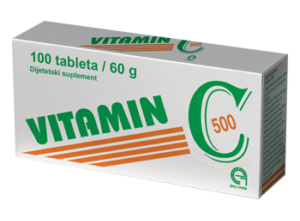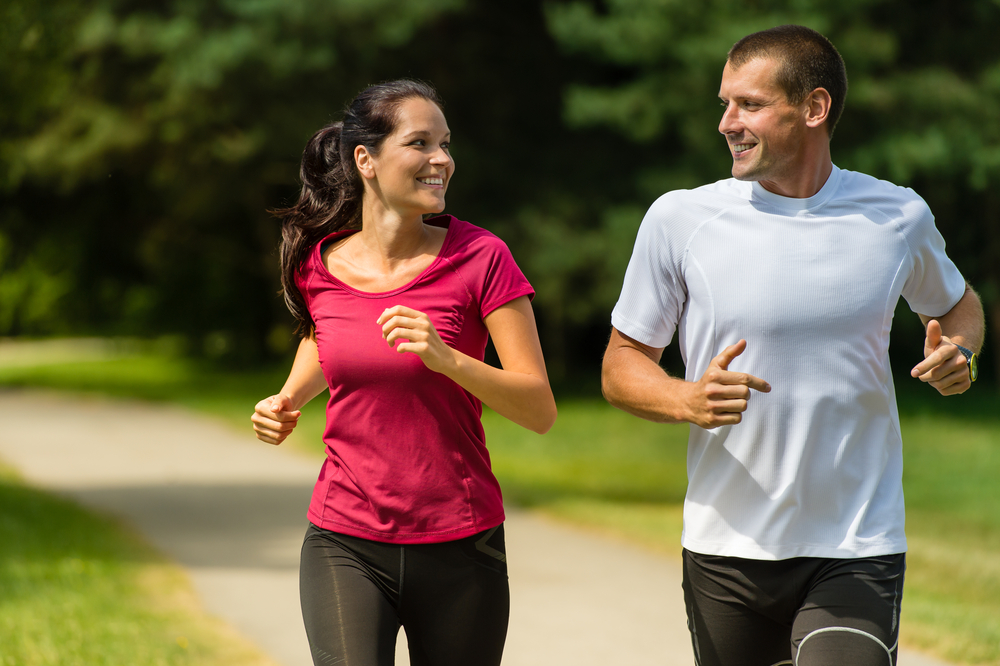A few facts about immunity
We often use the word “immunity” in everyday speech, but do we really understand what it means? The answer is usually negative. Immunity can be most easily defined as the ability of an organism to resist and defend against viral, bacterial, fungal infections, various diseases and other types of biological and chemical hazards (plant and animal poisons, toxic materials).
There are two types of immunity:
- innate (non-specific)
- adaptive (acquired, specific)
Innate immunity is something that we are being born with and it represents our natural barrier and first line of defense. It is present even before we get in contact with an antigen (a molecule that induces an immune response in the body) and reacts equally to different antigens, in a non-specific way.
Adaptive immunity, on the other hand, develops gradually during our life and reacts specific to every antigen. It also has the capacity to “remember” previous antigens and induce immune response many years after the first contact. The main components of the adaptive immune system are two types of lymphocytes (white blood cells) known as B cells and T cells. B lymphocytes cannot penetrate the infected cells, instead they produce antibodies that bind to various antigens, such as bacteria, and mark them for destruction by phagocytes and other specific immune system cells. T lymphocytes, however, have the ability to directly attack and destroy virally infected and cancerous cells, playing a central role in cell-mediated immunity.
Other significant components of human immune system are primary and secondary lymphoid organs. Primary lymphoid organs (bone marrow and thymus) are those organs in which lymphocytes are produced. Secondary lymphoid organs provide antigen contact and further lymphocyte maturation and they include lymph nodes, spleen, tonsils, adenoids and appendix.
It is obvious that our immune system has a demanding job to keep us healthy and resistant. Unfortunately, in some cases that is not possible, which brings us to development of various immune system disorders, such as:
- autoimmune diseases (immune system attacks healthy cells by mistake)
- immune deficiency diseases (inadequate immune response)
- allergy (excessive immune response to antigens that are usually not harmful)
That is why we have to improve our immunity not only during illness, but constantly, while we are healthy too. Nature has given us a powerful weapon against infections, it depends on us how long we are going to preserve it.
Immunity and physical activity
It is a common fact that regular physical activity has a positive effect on our health. It improves cardiovascular function, lowers blood pressure, controls body weight and protects us against a variety of diseases, such as diabetes, osteoporosis and even cancer. But how does it affect our immune system? That is the question many scientists are still trying to answer. Several studies have shown that factors such as duration, intensity and type of exercise all have different influence on the immune system.
Moderate intensity exercise, such as 30 minutes brisk walk, bicycling few times a week or practicing yoga, can stimulate immune functions and it is particularly beneficial for people with sedentary lifestile and the elderly. Low-to-moderate levels of regular exercise can reduce the severity and duration of symptoms of upper respiratory tract infections, according to several studies.
Intensive exercise, on the other hand, could lead to the suppression of B and T cells activity and increase of stress-related hormones (adrenaline, cortisol) and free radicals levels, which is highly significant in the field of professional sport. Although professional athletes are considered as strong and healthy individuals, during periods of prolonged heavy training and at times of competitions, they are facing the so-called “open window” of impaired immunity, which may last between 3 and 72 hours. During that time athletes are more prone to common minor illnesses, such as upper respiratory tract infections (URTI), which are the most common infections in otherwise healthy population. They are most frequently caused by viruses, such as rhinovirus, adenovirus, coronavirus and other, but can be also caused by bacteria, including Streptococcus pyogenes, Streptococcus pneumoniae and Haemophilus influenzae. URTI are more common in autumn and winter months and they are typically repeated up to 4 times a year, with symptoms lasting from 7 to 10 days. If combined with the lack of sleep, severe mental stress, malnutrition and weight loss, URTI can be a major issue for athletes, since they can affect exercise performance or even exclude them from competition.
In order to prevent URTI and other infections, professional athletes are recommended to follow several practical guidelines:
- avoid excessive training
- get the optimal amount of sleep each night
- eat a well-balanced diet
- avoid rapid weight loss
- get all necessary vaccines
- keep stress to a minimum
Effect of dietary supplements on temporarily impaired immune system after prolonged and intensive exercise is still being examined. Supplements containing zinc, vitamin C, glutamine or carbohydrates attract scientists’ attention the most. Several studies have shown a link between vitamin C supplementation (about 600mg/day for 3 weeks) and fewer reports of URTI symptoms in marathon runners. There are also some evidence that glutamine supplements increase proliferation levels of lymphocites, but the most impressive results have been reported in the carbohydrate supplementation studies. The results have indicated that athletes who are drinking fluids with carbohydrates before, during, and after prolonged and intensive exercise, have lower stress hormones levels and consequently better immune response.
We may conclude that physical activity provides many health benefits, as long as we follow the “golden mean” philosophy. It means that we should avoid sedentary, passive lifestyle, as well as excessive exercise and stick to a regular moderate exercise routine.
by: mr ph Iva Majstorović, posted on November 19, 2014
 Vitamin C-500 is a dietary supplement based on vitamin C, which is essential for improving vitality of our body and it’s natural defense mechanisms. Without sufficient amount of this vitamin many physiological functions, such as growth and development, or antioxidant defense, would simply not be possible. It is an essential nutrient, which means that it cannot be synthesized by the body, therefore, it must be provided continuously through a healthy diet and dietary supplements, when necessary.
Vitamin C-500 is a dietary supplement based on vitamin C, which is essential for improving vitality of our body and it’s natural defense mechanisms. Without sufficient amount of this vitamin many physiological functions, such as growth and development, or antioxidant defense, would simply not be possible. It is an essential nutrient, which means that it cannot be synthesized by the body, therefore, it must be provided continuously through a healthy diet and dietary supplements, when necessary.
